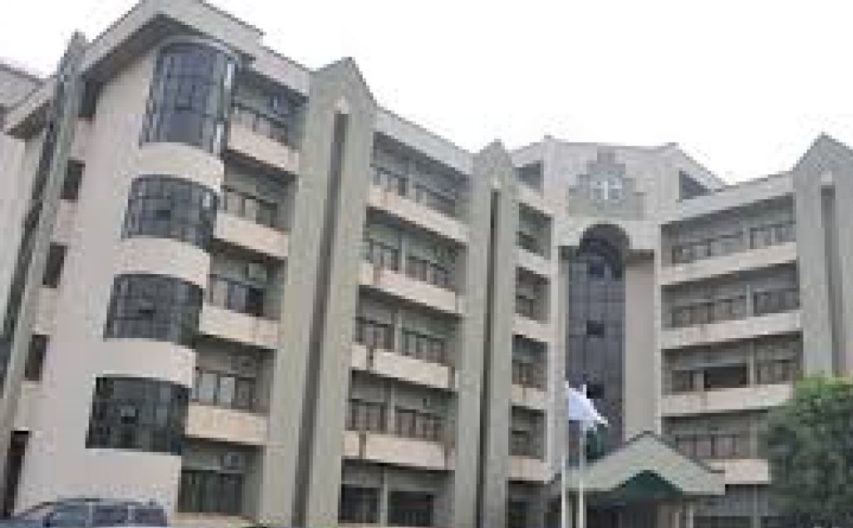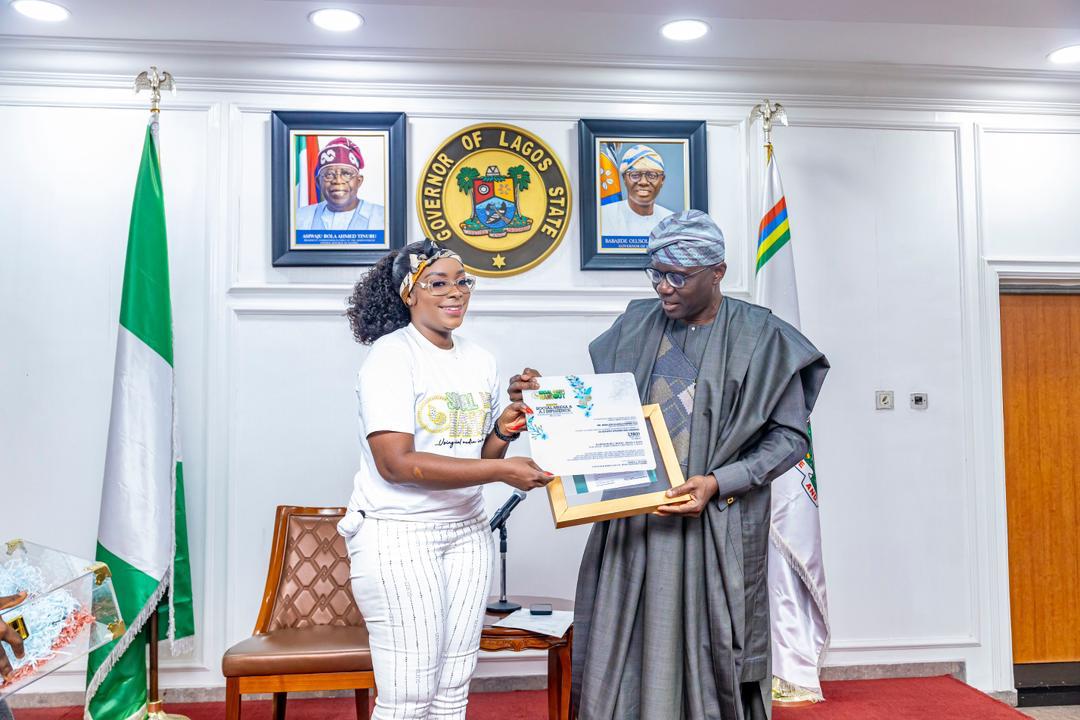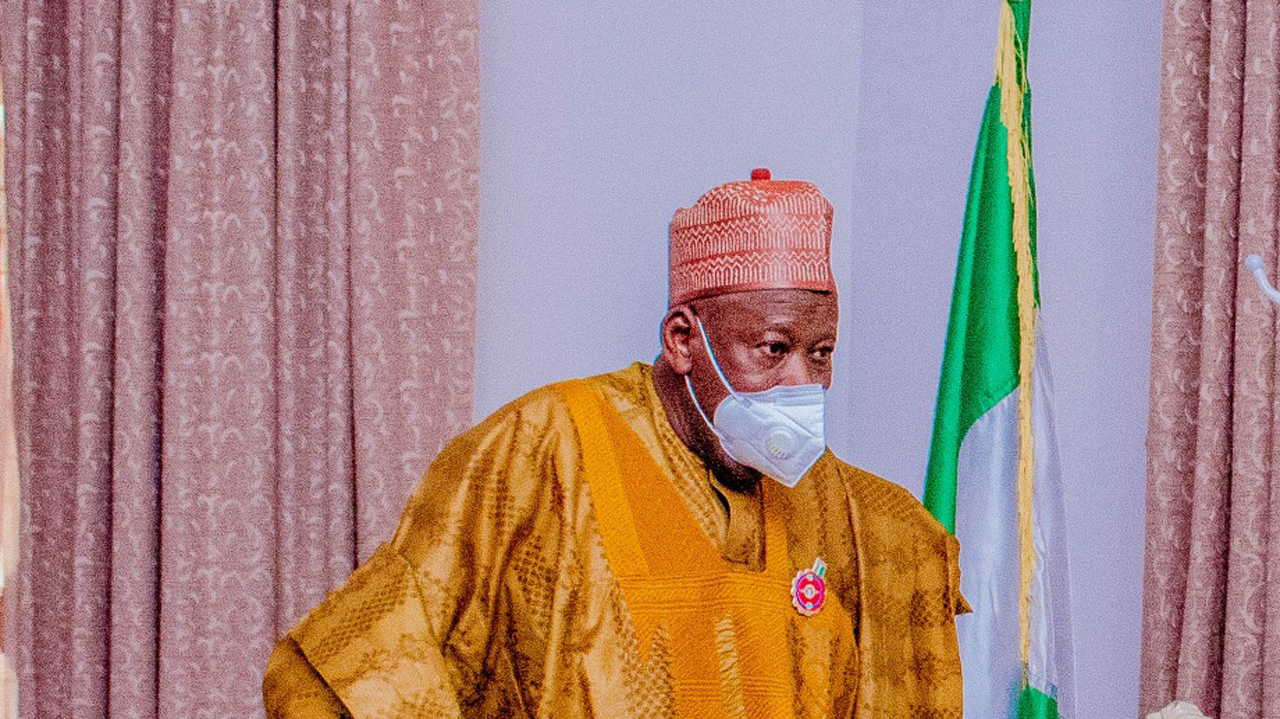• Donate hygiene kits to Suleja correctional centre
The National Human Rights Commission (NHRC), in collaboration with a non-governmental organization, Hope Behind Bars Africa (HBBA), has donated essential hygiene items and paid fines for the release of selected low-risk inmates.
The outreach to Suleja Correctional Centre is to commemorate the 2025 Nelson Mandela Day with a symbolic donation and payment of fines for four inmates leading to their release.
The four inmates, Michael Udoh, Abdul Hassan, Mohammed Sani and Yunusa Yusuf, who were convicted for various offences, including breach of trust, criminal trespass, public nuisance, and petty theft, were set free after their fines were paid by the NHRC and HBBA.
Additionally, they donated items such as rice, sanitary items, among others, for the inmates left behind. Executive Secretary of the NHRC, Dr Tony Ojukwu (SAN), during the outreach, said that custodial centres must not be seen solely as places of punishment, but as institutions of rehabilitation and reintegration.
“This is not an act of charity but a message that custodial centres are also for rehabilitation. We urge those benefiting today to embrace this opportunity and commit to becoming productive members of societ,.” Ojukwu said.
Ojukwu mentioned that the United Nations (UN) General Assembly, in December 2015, extended the significance of Mandela Day to include the promotion of humane conditions of imprisonment, adoption of the Nelson Mandela Rules for the treatment of prisoners, and recognition of prison members of staff as vital social service providers.
According to him, though the official date for the global commemoration was July 18, the NHRC marked the day later due to institutional commitments.
Ojukwu said that the Commission would not let the symbolic importance of the day pass without reaffirming its commitment to custodial reform and human dignity for inmates.
In addition to providing hygiene kits and paying fines, the event featured a sensitisation session for correctional officers, focusing on international best practices under the Mandela Rules and Bangkok Rules—the latter tailored specifically to the rights of women in detention.
According to Ojukwu, the initiative, themed “Upholding Mandela’s Legacy in Prisons,” aimed at promoting the Nelson Mandela legacies in our correctional facilities, as well as aligning with this year’s global Mandela Day theme, “Uniting to Combat Poverty and Inequity.
“It served as a reminder of the continuing relevance of Mandela’s values, particularly justice, dignity, and compassion within custodial environments.
Ojukwu expressed appreciation to Hope Behind Bars Africa for its consistent collaboration, and to the Suleja correctional facility for their cooperation and warm reception.
“Your collaboration and commitment exemplify the spirit of Mandela Day,” he noted. In his remarks, the Chief Legal Officer of Hope Behind Bars Africa, Samuel Olukade, tasked the correctional officers on minimal adherence to Bangkok Rules in the treatment of female inmates.
Olukade, who presented Bangkok Rules to the correctional officers, and the inmates, emphasised non-custodial alternatives for women, especially women with children in line with international best practices, as Programme Officer, Ayodele Okedele, called on correctional officers to adhere to a human rights based approach in handling inmates.
Bangkok Rules, formally known as the United Nations Rules, for the treatment of women prisoners and non-custodial measures for women offenders, are a set of 70 guidelines adopted by the UN in 2010 to address the specific needs of women in the criminal justice system.






